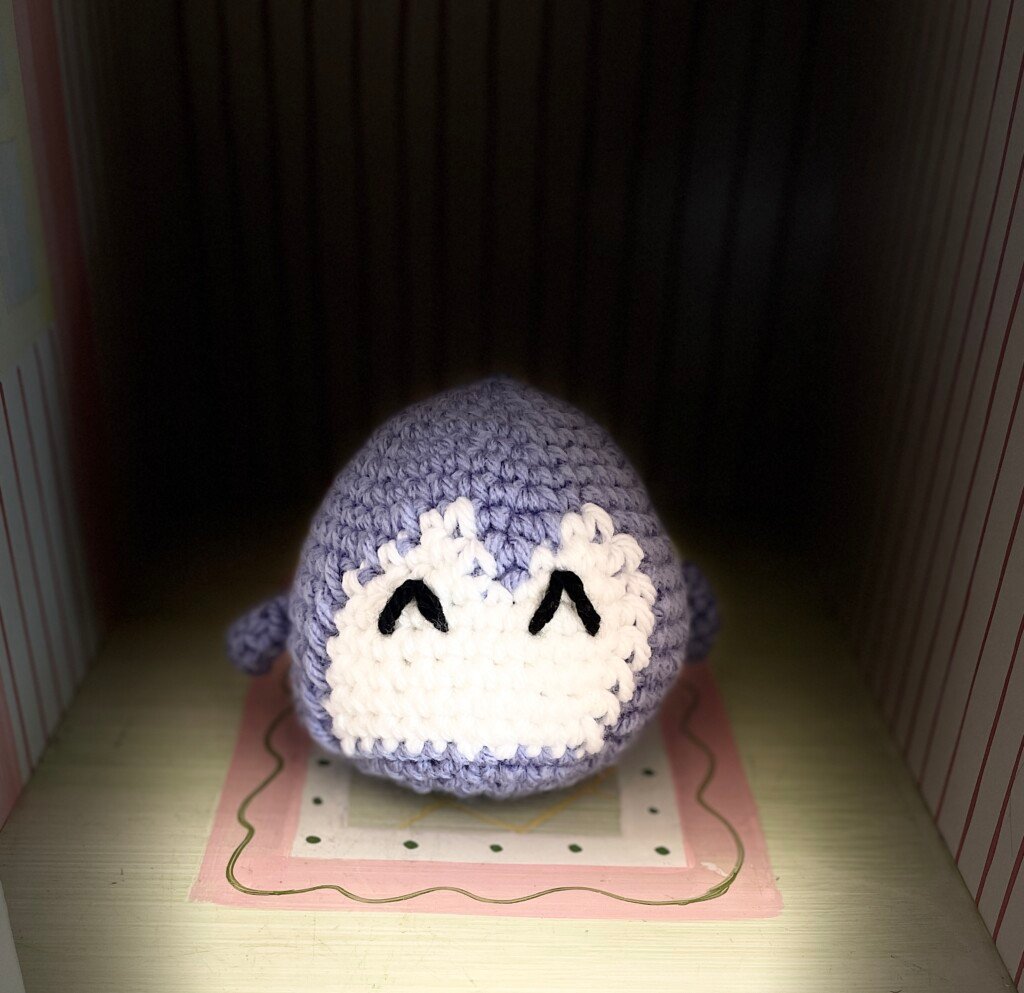THRIVE: What Your Neurodivergent Children and Gen Alpha Want Grown-Ups to Know

I don’t often have the privilege of interviewing others for my articles; I usually find myself in the role of the expert being interviewed. However, when I sought insights into Generation Alpha, I discovered a valuable opportunity for connection with my children. As a Millennial, I recognized how distant I felt from this vibrant age group, so I turned to my 12-year-old for a fresh perspective. Gen Alpha, which encompasses children born between 2010 and 2025, represents a dynamic future, and I embraced this chance to learn from my own children.
Bea: What is something that you want adults to know?
Abby: I want them to know that our new way of speaking is not weird.
Bea: What do you mean by that?
Abby: Skibbidy and rizz are not strange.
Bea: What do they mean?
Abby: Skibidi means the conversation is going to be silly and rizz means, like you know, charming.
Bea: I feel like this conversation is Skibidi.
Abby: Mommy…
Bea: So, would you say you want us to respect your generational differences?
Abby: No cap.
Bea: Why are we talking about a hat?
Abby: I agree with what you just said.
Bea: Fo shizzle.
Abby: MOM, don’t do that!
Bea: LOL!
Neurodivergent children and Gen Alpha value being understood and respected for who they are. They want adults to recognize that their brains function differently, not incorrectly.
Bea: How do you feel about technology?
Abby: It’s an amazing thing you can do: work, write, entertain, text people. It is such a great resource. Your childhood sounds like it was filled with unanswered questions; how did you not get your questions answered? I mean, you have ADHD, and I have ADHD, and we have ALL the questions. This seemed like some kind of torture.
Bea: I used this ancient tablet called a dictionary carved with fire, and then I would walk in the snow a total of 10 miles to this magical place filled with books called a library.
Abby: Not funny, and you’re from Florida.
Bea: No cap
Abby: Stop that, this is cringe.
Bea: We had the Internet. I did not have it attached to my body, so my questions could wait.
Abby: How long?
Bea: It depends, and most of the time, I just forgot about it because it was not important.
Abby: That makes sense. Is that why you give us limited access to technology? You think it’s the 90s?
Bea: YES, do you hate it?
Abby: No, Jake and I like it, but we don’t know anything else. Plus, we always ask you. You are better than Alexa, Siri, and Google.
Bea: It’s’ because I read the tablets written in fire. The knowledge is stuck in my head. NO cap.
Abby: Well, my generation sees technology as an opportunity to learn what we want and whenever we want. I wanted to learn to crochet, so I watched tutorials on YouTube, and now I can crochet; I wanted to learn how to bake, so I watched videos, and now I can bake anything. Same thing with drawing, I learned techniques that helped me.
Bea: The way you use YouTube is how I would use the Food Network and HGTV; I would watch and learn and then do it myself.
Abby: YEP
For neurodivergent kids and Gen Alpha, technology is so much more than just entertainment—it’s an amazing way for them to learn and connect with the world around them. Educational apps and tools give children opportunities to learn in ways that suit their unique ways of thinking. During my research for my book, Neurodiversity and Technology, I was thrilled to discover that this younger generation has a fresh perspective on their relationship with technology. It’s not all bad news! Many challenges come from a lack of guidance from parents, but with the right support, technology can be a fantastic resource.
Here are some other key takeaways I learned from my interview. Just like all the generations before them; they want parents to do the following:
Listen Without Judgment
Kids today experience a lot of changes and have access to technology that can make their feelings a bit different from what the previous generation might understand. It’s important for them to have adults who listen to their thoughts and emotions without jumping in with solutions or criticism.
Flexibility and Patience Matter
Neurodivergent children often need a little extra time to process information, transition between activities, or complete tasks. It can be helpful when adults are patient and flexible, giving them the space to work at their own pace. As a parent with ADHD, I really appreciate this approach!
They Need Safe Spaces
Whether it’s a break from social interactions or an escape from sensory overload, kids want grown-ups to know that having a “safe space” where they can recharge is crucial. This could be a quiet room at home or understanding when they need to step away in public spaces.
See the Value of Online Play and Creativity
Neurodivergent children often use play, art, or imaginative activities to express themselves. Gen Alpha, in general, thrives on creativity, and they want adults to encourage these outlets that seem out of the norm rather than pushing constant physical or academic tasks.
BEA MOISE is a board-certified cognitive specialist, author, neurodiversity coach, and consultant for both individuals and businesses. She’s also a featured expert for NBC News; the neurodivergent expert for Verizon; and the author of Our Neurodivergent Journey, The Neurodivergent Home, and Neurodiversity and Technology: Neuroscience-Led Strategies for Parents. She and her husband are parents to Jake, who is awesomely autistic, and Abby, who is simply marvelous. Follow her UNIQUE parenting channel on YouTube or on Instagram @beamoiseauthor.









